


Experiments conducted at Butantan Institute in São Paulo used phage display to screen 12,000 proteins found in Schistosoma mansoni, the worm that causes the disease. The method deployed bacteriophages, viruses that infect bacteria, to identify key parasite peptides.

The health benefits of the so-called “sofrito” were observed in experiments with rats conducted by scientists from the Food Research Center and collaborators. The effect may be linked to a compound identified in the animals’ livers called butanediol.
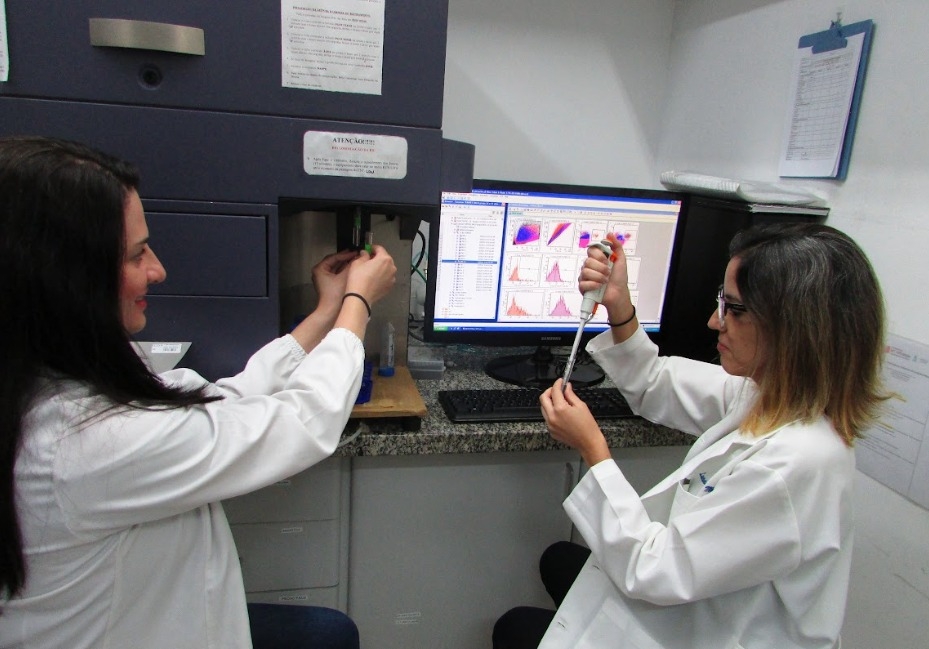
Developed by ImunoTera as part of a project supported by FAPESP, the molecule triggers the immune system’s response to infected cells and helps combat the disease.

Developed by researchers at the University of São Paulo, the process proposes using silica particles coated with melanin in formulations to protect the skin not only from UVA and UVB rays, but also from visible light.

The proposal is being analyzed by an inspection body in the state of São Paulo. In this region alone, there are more than 1,200 informal producers of milk and dairy products with the potential to be regularized.
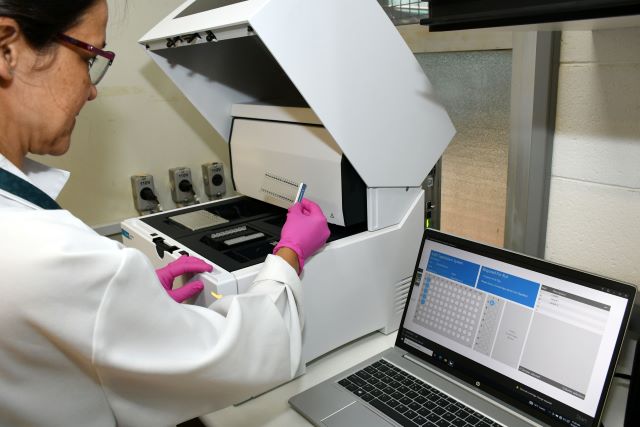
More than 29 thousand patients were analyzed and 26 areas of the genome associated with the disorder were identified; Brazil was the only Latin American representative through the Brazilian Institute of Neuroscience and Neurotechnology of the State University of Campinas.
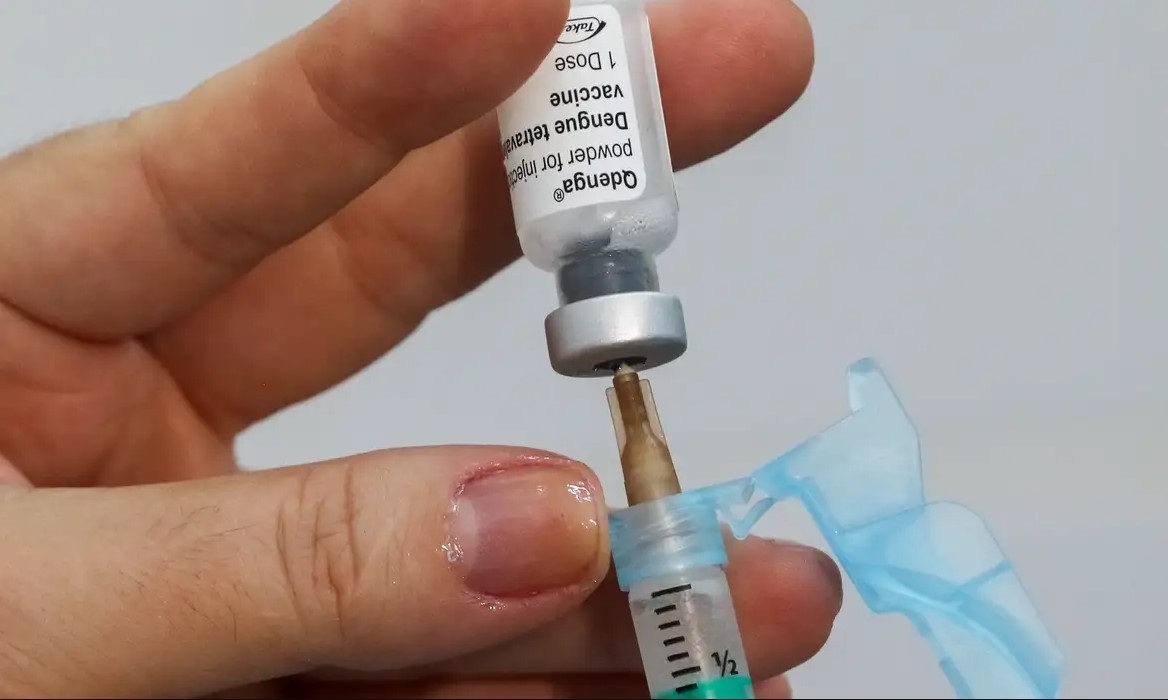
Researchers at the University of São Paulo in Brazil compared data for the immune response induced by natural infection and vaccines. They identified the key factors in the development of long-lasting immunity. Their findings can be used to develop novel vaccines and antiviral therapies.
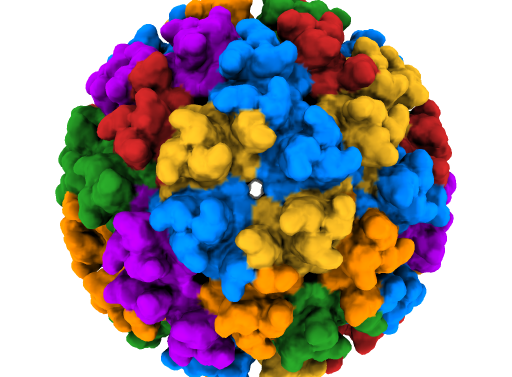
An international team including virologists, physicians, epidemiologists, clinicians, physicists and statisticians has discovered new mechanisms related to central nervous system infection in fatal cases of the infection. The results were published in the journal Cell Host & Microbe.

The findings, published in Psychiatry Research, are an important contribution to both the understanding of mental disorders and suicide prevention.
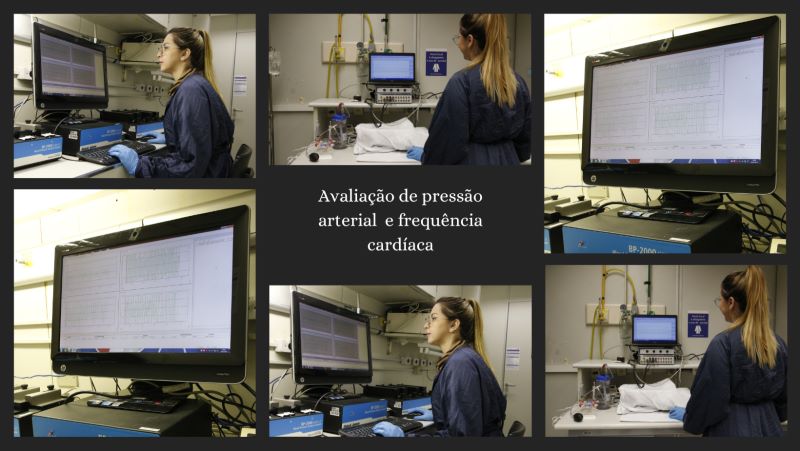
After inducing mutations in the genotypes of mice and analyzing their effects on several generations of descendants, Brazilian and American researchers mapped the genetic determinants essential to an understanding of cardiovascular disease. Their findings are published in the journal Science Advances.

A formulation developed by Brazilian researchers proved effective in tests involving mice.

The correlation between these two symptoms of the disease was observed by researchers affiliated with institutions in Brazil and France in a systematic review of 20 studies.
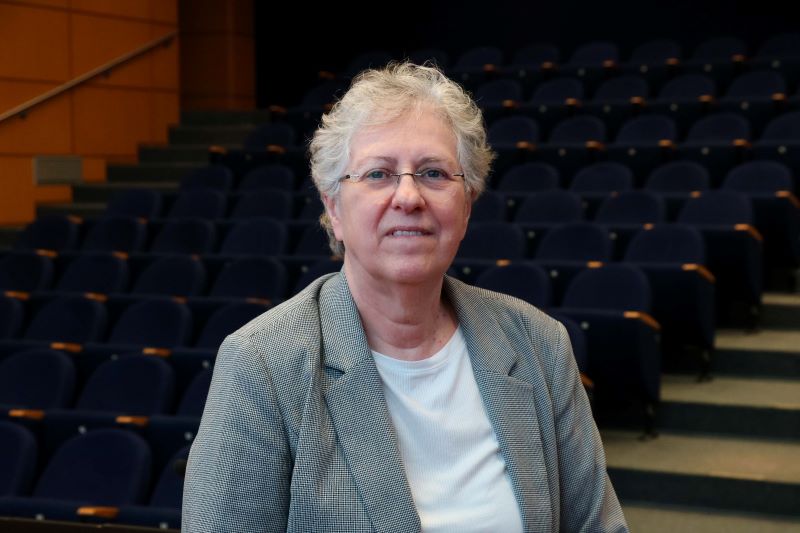
Patricia LoRusso, President of the American Association for Cancer Research (AACR), gave Agência FAPESP an exclusive interview during a visit to Brazil. She spoke about the importance of attracting early-career researchers to oncology, the future of clinical cancer research, and potential new discoveries in the field.
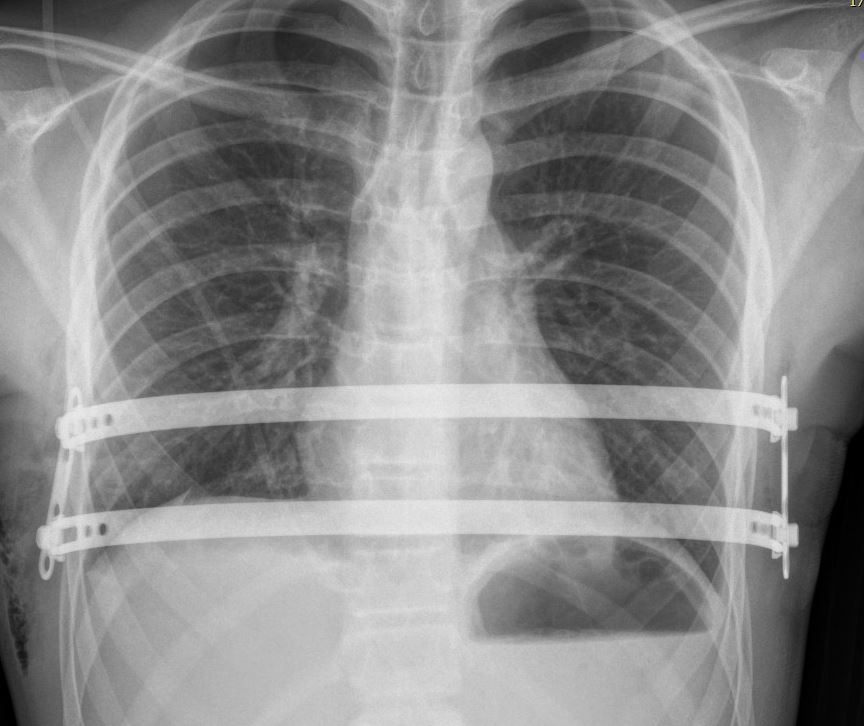
The device was developed by researchers at the University of São Paulo’s Heart Institute (INCOR) and a Brazilian company with FAPESP’s support. It is biocompatible and offers other advantages over the imported product used hitherto.
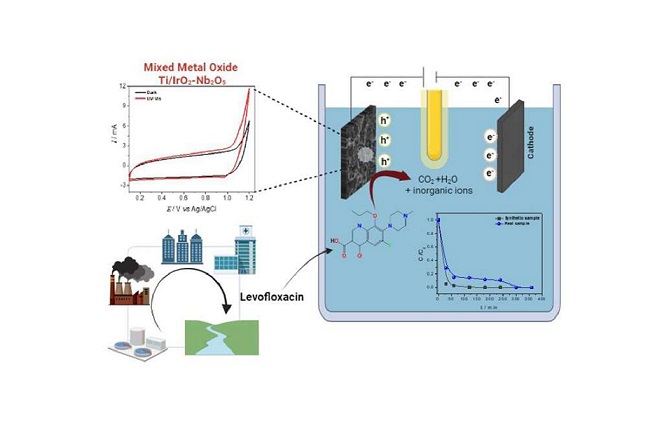
An electrode with films of iridium dioxide and niobium oxide on a titanium substrate removed molecules of the drug levofloxacin, considered an emerging pollutant.
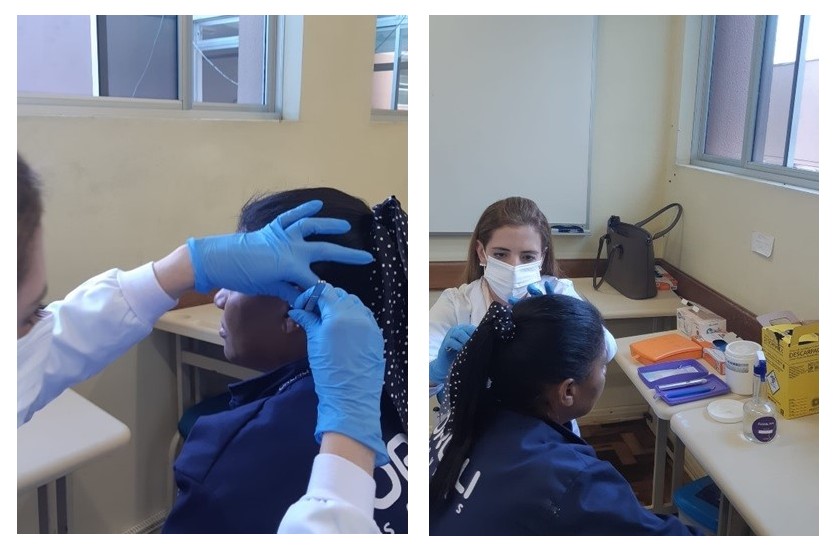
For three months, Brazilian researchers tracked 74 patients submitted to 12 sessions lasting 15 minutes each and observed remission of symptoms. The ancient Chinese practice had no side effects, according to an article on the study published in JAMA Network Open.
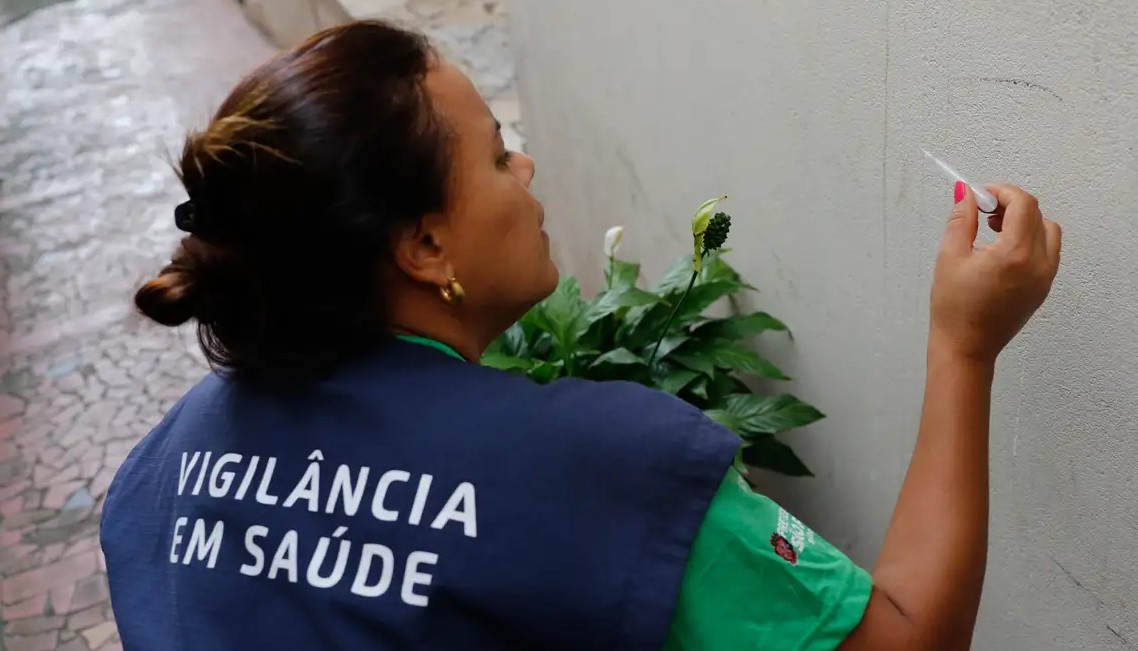
The methodology was developed by Brazilian and British researchers, who tested it in Campinas, a large city in São Paulo state. Its aim is to optimize monitoring and combating the mosquito Aedes aegypti.
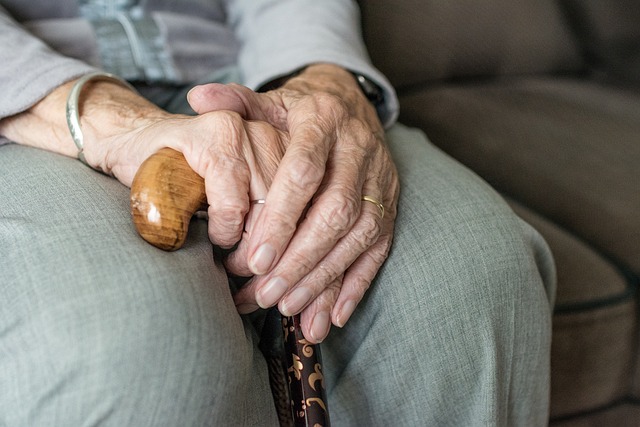
Brazilian and British researchers analyzed data for 1,747 older participants tracked by ELSA over a period of 12 years, and mapped the different routes that can lead to a negative outcome. They advocate use of their findings by policymakers.

An interdisciplinary approach tested at the Federal University of São Paulo combined clinical, nutritional, psychological and exercise counseling. The intervention involved remote and in-person sessions, favoring adherence and lowering the cost to the health system.
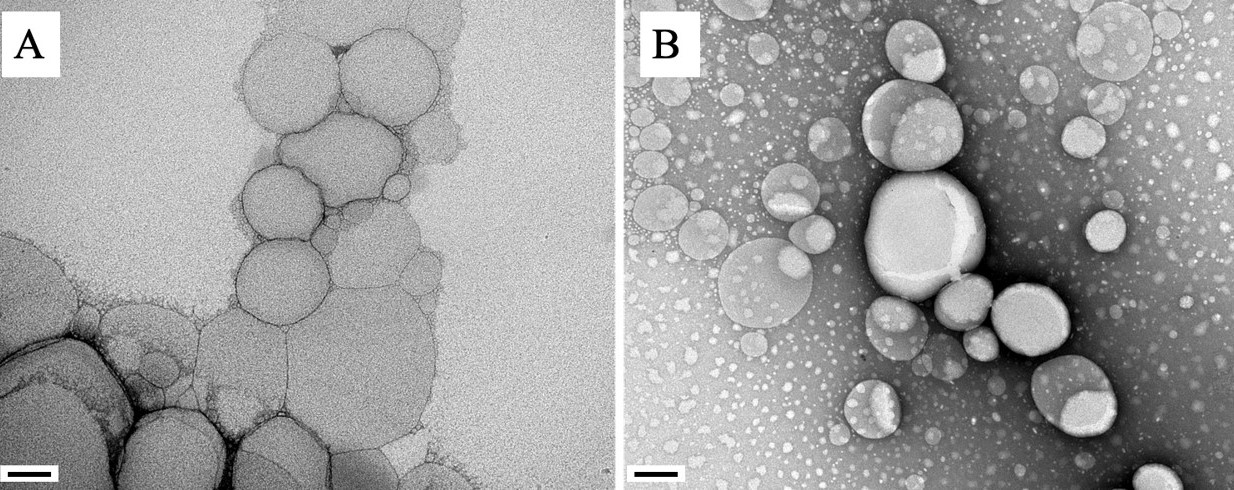
In animal tests conducted at São Paulo State University (UNESP), the strategy reduced spleen and liver parasite numbers by 99.9%.
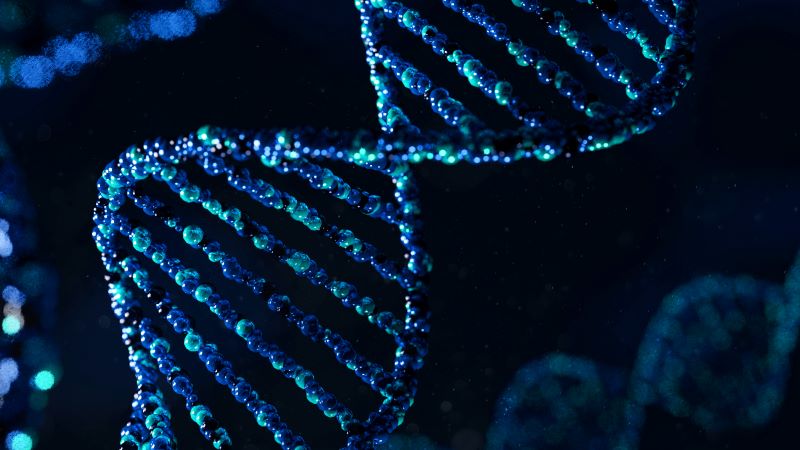
Researchers at the University of São Paulo analyzed data from 115 children who suffered from conditions considered syndromic (with several associated symptoms) and found a high incidence of overlapping genetic alterations. They argue that identification of genetic mutations can make diagnosis and treatment more accurate.

The opossum was found dead in a park in the center of Campinas, a large city in São Paulo state (Brazil), with the same viral variant as fruit-eating bats. These mammals are regularly detected in cities, where they are often attacked by dogs, so they can be considered sentinel species for infectious disease surveillance.
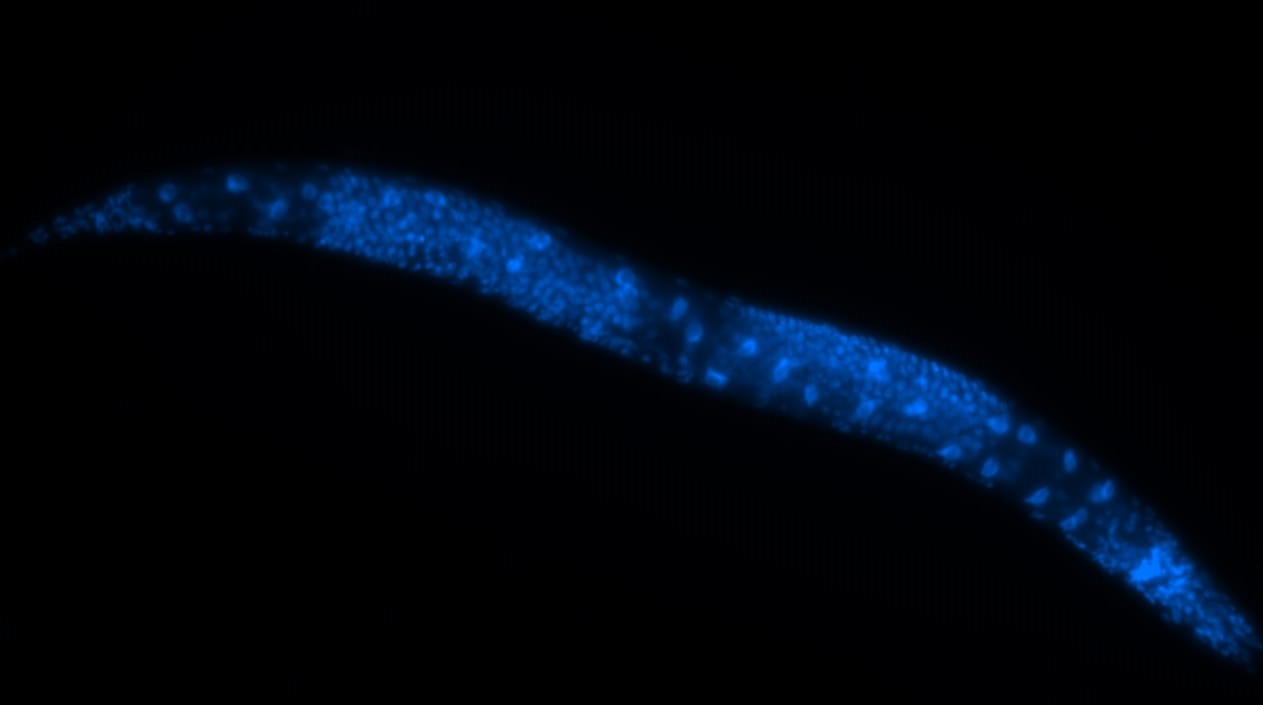
Through experiments in roundworms of the species C. elegans, scientists at a FAPESP-supported research center showed that lifespan is reduced when RNA transfer between cells in different tissues is dysregulated.

Blood pressure rose in offspring born to high-fructose rats, and physiological regulation of their cardiovascular system was impaired. High-fructose syrup is widely used as a sweetener by the food and beverage industry.
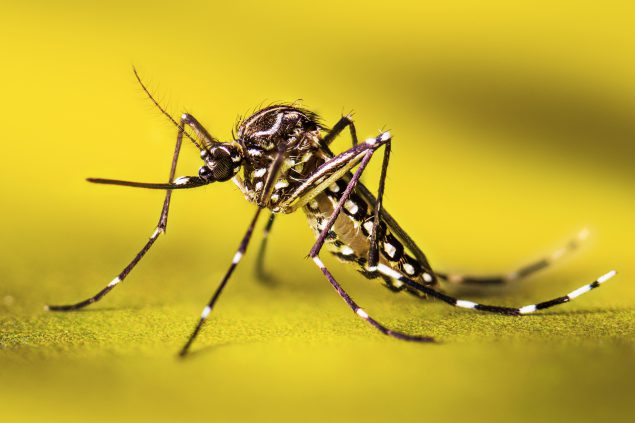
A study led by Brazilian researchers suggests that the mechanism that exacerbates dengue infection following a case of zika differs from that acting on second-time dengue patients. The finding is relevant to the development of a zika vaccine.